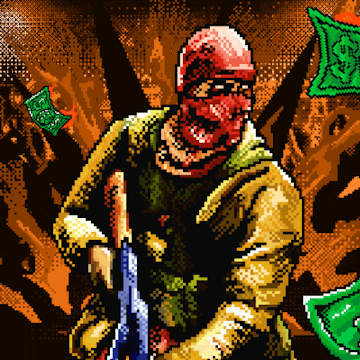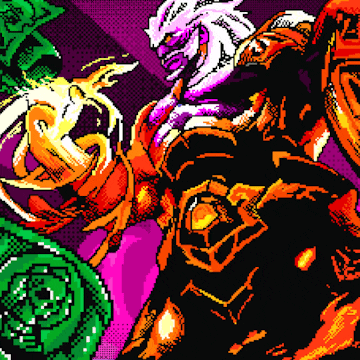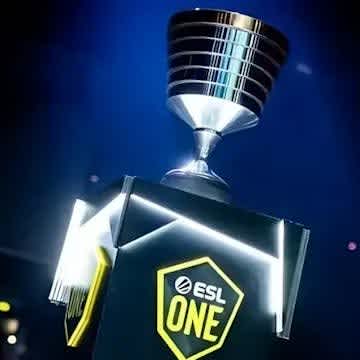Why are Fnatic so maddeningly inconsistent?
With the Swedes’ early elimination at the ESL Pro League Season 9 finals, the team that reached back-to-back finals at prestigious LAN events has now been eliminated in the group stages of the two ones which took place since. Of course, Xizt and co. also failed to impress at the Katowice major and the WESG 2018 finals, results which were placed on the backburner after those two strong showings at Shanghai and Sydney. Now the prospects of this particular roster are once again called into question.
While fnatic were not the favorites to win in Montpellier, losses to an NRG roster literally past its expiration date and a Heroic side who they’ve comfortably beaten back in Sydney has to count as an embarrassing result. The team was never known for a rigid tactical structure, and this has perhaps never been more evident than in 2019, with their tournament results wildly swinging across the spectrum depending on the players’ individual form. Worryingly, KRIMZ – widely considered the backbone of this Fnatic side – posted a negative K/D ratio for the second LAN event in a row, which has not happened to him since March 2017. On a shorter timeframe, he’s not had a single one of these since Xizt’s inaugural event with the lineup last November.
We’ve written in the past that they “seemingly go from awesome to awful between back-to-back series” and our ESL Pro League Season 9 Finals preview pegged them as “a flawed gem”. As time goes on, they continue to defy description, and not in a good way. Back when GoldeN was forced out of the side, I was fully on board with the idea that the move was a mistake, but his performances since then don’t suggest that this was the case, especially if the issues with personal chemistry were as bad as advertised. This certainly doesn’t seem to be the case with Xizt, but it also hasn’t been a guarantee for consistent success either, as we’ve seen over the course of the last few months.
Perhaps even more concerningly, both JW and KRIMZ are tied down on a long-term contract – not that we’d suggest swapping out either player, but it betrays a same sort of slavish attachment to the core which plagued NiP for a long time. In fact, with the Ninjas making fairly aggressive roster changes (removing dennis and planning to put GeT_RiGhT to pasture in the near future as well), Fnatic could easily miss out on emerging Swedish talent if they keep trying to re-jig the same puzzle pieces. Brollan seems like a great pickup so far; maybe it’d be worth it to double up?
Read more: What would a Swedish CS:GO superteam look like?
You could also argue that the focus on individual skills instead of a rigid tactical setup simply doesn’t serve one well in the current CS:GO landscape, at least if you’re a well-established side. Despite their decent HLTV ranking, Fnatic hasn’t even really had the chance to compete against the top five in the world recently – a testament to their regression by itself –, but they’ve lost both their meetings against Liquid when they did end up facing each other in the servers.
It’s easy to forget that real questions were being asked about Xizt’s role around the time Fnatic bombed out of the major qualifier and got 16-0’d at WESG. They’ve shown since then that they’re still capable of reaching a decent ceiling, but the fact that their floor is so maddeningly low should have everyone concerned. Both the wider CS meta and the individual skills of the players seem to work against the sort of loose style the Swedes prefer, and it’s tough to see how a simple adjustment or a roster swap could increase their consistency by itself.





